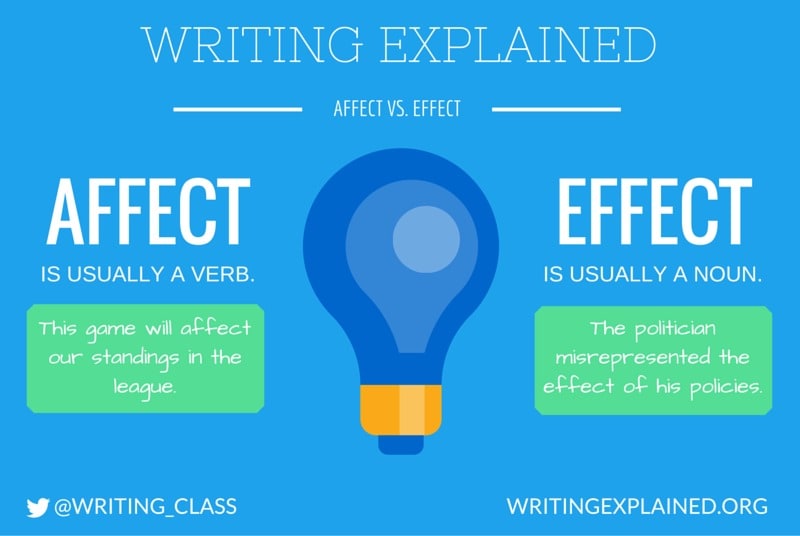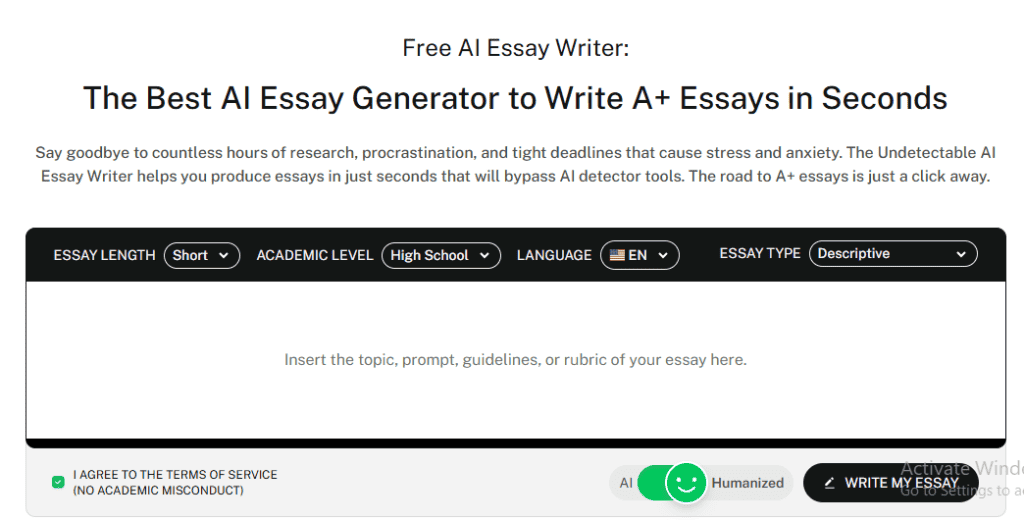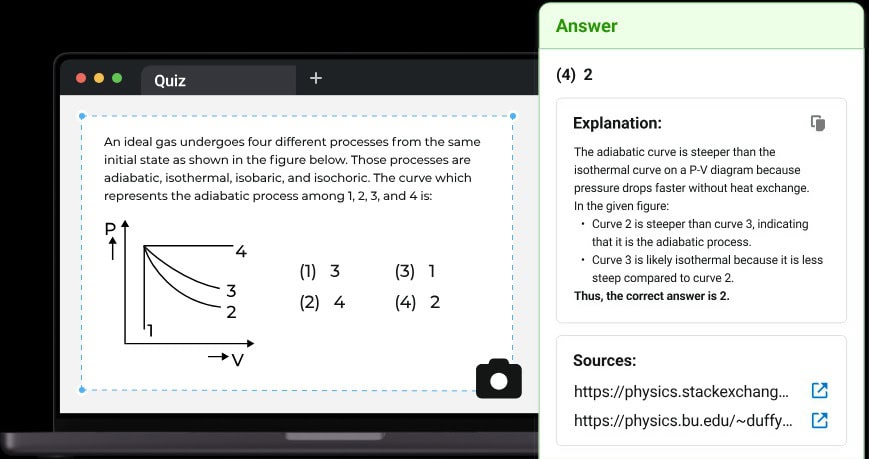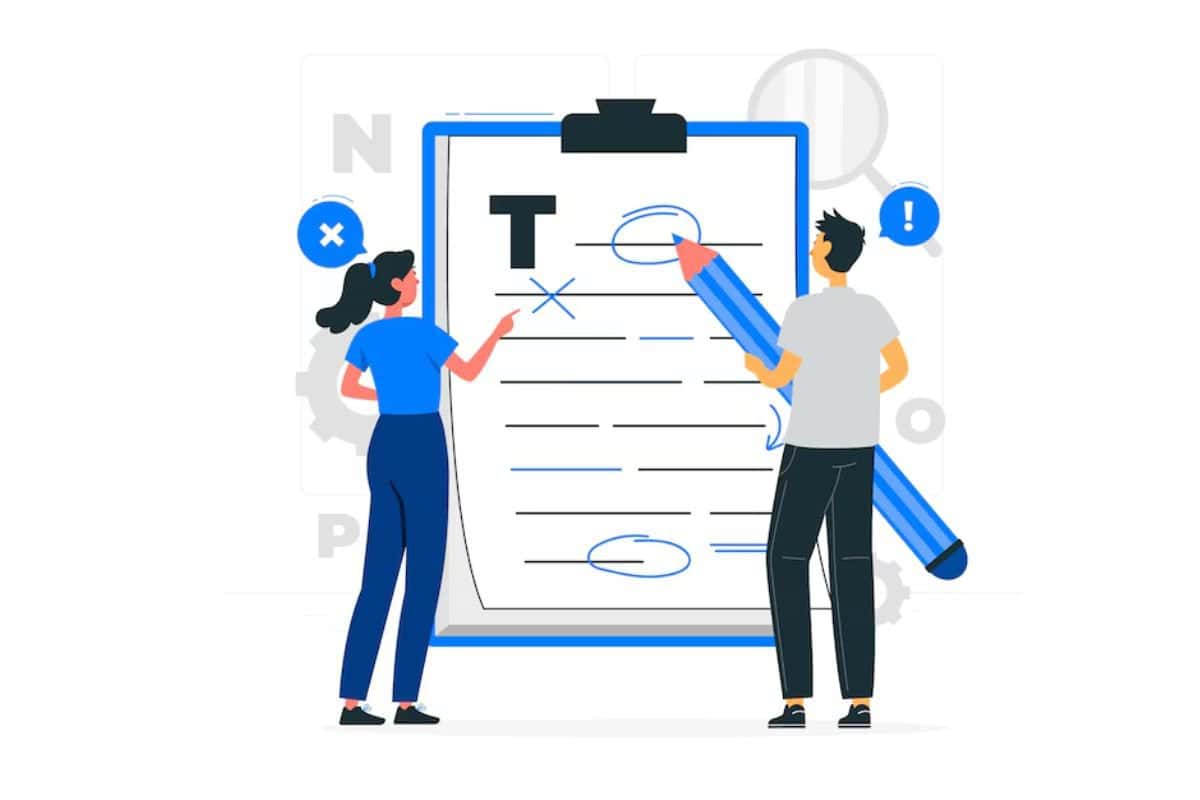The English language is full of confusing word pairs, but few trip people up like “affect” and “effect.”
If you ask a grammar pro, the very basic distinction between these two words is that one is a verb, and the other is a noun.
Very simple, right? But how come these pairs still cause headaches and embarrassing mistakes?
Well, it’s because their spellings are similar, and their pronunciations are nearly identical.
Plus, they can actually be used interchangeably in certain contexts (more on those tricky exceptions later).
This guide will break down everything you need to know about these commonly confused words, provide real-world examples, and share some memorable tricks to keep them straight in your writing.
What Is the Difference Between Affect and Effect?

Source: Writing Explained
The fundamental difference between affect and effect comes down to their roles in a sentence.
In most cases, affect functions as a verb (an action word), while effect functions as a noun (a person, place, thing, or idea).


Never Worry About AI Detecting Your Texts Again. Undetectable AI Can Help You:
- Make your AI assisted writing appear human-like.
- Bypass all major AI detection tools with just one click.
- Use AI safely and confidently in school and work.
Think of it this way:
- Affect = Action (both start with “A”)
- Effect = End result (both start with “E”)
Here’s a simple comparison to illustrate:
“The medication will affect how you feel.” (Affect is the action—it does something)
“The medication’s effect was immediate relief.” (Effect is the result—the thing that happened)
This verb-noun distinction covers the majority of all uses of these words in everyday writing.
It’s just that sometimes, confusion sets in because both words relate to the concept of change or influence, just from different angles.
Affect is about the process of changing something, while effect refers to the change itself.
Let’s go deeper into each word to truly understand their meanings and uses.
What Does “Affect” Mean?
At its core, “affect” means to influence, change, or make a difference to something or someone.
As a verb, it describes the action of changing or influencing.
The word comes from the Latin afficere, meaning “to do something to” or “to have an influence on.”
This etymology hints at its active nature, where affect is all about doing, changing, and influencing.
Some common ways “affect” appears in sentences:
- “Climate change affects global weather patterns.”
- “The teacher’s encouragement affected the student’s confidence.”
- “Her criticism deeply affected his decision to change careers.”
In each of these examples, “affect” shows an active process of influence happening.
Something (climate change, encouragement, criticism) is actively doing something to change or influence something else (weather patterns, confidence, a decision).
When to Use “Affect”
Use “affect” when you’re describing:
- An action that produces a change: “The drought affected crop production throughout the region.”
- An influence on emotions or feelings: “The sad movie affected everyone in the theater.”
- An impact on a situation or outcome: “High interest rates affect the housing market.”
- A process of alteration: “Pollution affects water quality in the river.”
The key question to ask yourself:
“Is something acting upon or influencing something else?”
If yes, “affect” is likely the correct choice.
In professional and academic writing, “affect” frequently appears in discussions of causality—how one factor influences another.
Scientific papers, psychological studies, economic analyses, and medical research all regularly use “affect” to describe these relationships.
Think of “affect” as the active agent of change in your sentences. It’s doing the work of influencing, altering, or making a difference.
What Does “Effect” Mean?
While “affect” is about the process of change, “effect” is about the result or outcome of that change.
As a noun, it represents the consequence, impact, or product that comes from being affected.
The word derives from the Latin effectus, meaning “accomplishment” or “performance”—essentially referring to something that has been produced or brought about by some cause.
Here are typical examples of “effect” in use:
- “The effect of the medication was almost immediate.”
- “The tax cut had little effect on consumer spending.”
- “One effect of climate change is rising sea levels.”
In these examples, “effect” represents the result or consequence of some action or cause.
It’s not doing anything, but rather is the thing that has happened or been produced.
When to Use “Effect”
Use “effect” when you’re describing:
- A result or consequence: “The effect of the teacher’s praise was improved student performance.”
- An impression or impact: “The special effects in the movie were spectacular.”
- A state of operation: “The new policy will go into effect next month.”
- A phenomenon: “The greenhouse effect is causing global temperatures to rise.”
The question to ask:
“Am I referring to an outcome or result?”
If yes, “effect” is typically the right choice.
“Effect” appears extensively in analytical writing where outcomes and consequences need to be described.
In popular usage, you’ll encounter “effect” in phrases like “side effects,” “sound effects,” “special effects,” and “cause and effect”—all referring to results or products rather than actions.
Exceptions & Special Cases
Just when you think you’ve got the affect vs. effect distinction figured out, the English language throws in some curveballs (classic!).
There are exceptions to the verb-noun rule that can trip up even confident writers.
Affect as a Noun
In psychology and psychiatry, “affect” can function as a noun meaning “emotion” or “emotional response.” It’s pronounced differently too, with emphasis on the first syllable (AFF-ect) rather than the second.
Example: “The patient displayed a flat affect during the interview.”
This specialized meaning is mostly limited to psychological contexts and rarely appears in everyday writing.
Effect as a Verb
“Effect” can actually function as a verb meaning “to bring about,” “to cause to happen,” or “to accomplish.”
In this usage, it means more than just influencing something—it means directly creating or achieving something.
Examples: “The new CEO plans to effect significant changes to the company structure.”
“The diplomat hoped to effect a peace agreement between the warring nations.”
This verbal use of “effect” often appears in formal or academic contexts.
It frequently pairs with words like “change,” “solution,” “compromise,” or “reform,” things that are being brought into existence rather than merely influenced.
Special Phrases
Several fixed phrases use these words in specific ways:
- “In effect” means “essentially” or “in operation”
Example: “The rule is, in effect, a ban on all public gatherings.”
- “Take effect” means “become operative”
Example: “The new regulations take effect on January 1st.”
- “Personal effects” means “belongings”
Example: “Please collect your personal effects before leaving.”
- “To that effect” means “with that intention” or “having that result”
Example: “She made several comments to that effect.”
These idiomatic expressions need to be memorized rather than analyzed for their grammatical structure.
Easy Tricks to Remember the Difference
Still finding yourself stumped when choosing between affect and effect?
Here are some simple memory tricks that have helped countless writers remember the difference.
The RAVEN Method
Remember:
- Affect = A Verb
- Effect = E Noun
RAVEN helps you recall that affect is typically a verb and effect is typically a noun.
The A-to-E Process
Think of a cause-and-effect relationship as a process that moves from A to E:
- First comes the Affect (the action or influence)
- Then comes the Effect (the end result)
This mirrors the alphabetical order (A then E) and the typical sequence of events.
Contextual Clues
Look for signal words in the sentence:
- Words like “have,” “create,” or “produce” often signal that “effect” (noun) will follow
Example: “The medicine produced a positive effect.”
- If you can replace the word with “influence” or “impact” (as verbs), you probably need “affect”
Example: “Stress can affect your health.” (You can say “Stress can influence your health.”)
The Substitution Test
When in doubt, try substituting related words:
- If you can replace the word with “influence,” “alter,” or “change” (as verbs), use “affect”
Example: “How will this affect me?” (How will this influence me?)
- If you can replace the word with “result,” “outcome,” or “consequence,” use “effect”
Example: “What effect will this have?” (What result will this have?)
Sentence Patterns
Pay attention to common sentence structures:
- “X affects Y” (Something influences something else)
Example: “Sunlight affects mood.”
- “The effect of X on Y” (The result of something on something else)
Example: “The effect of sunlight on mood is well-documented.”
Practice these memory aids until the correct usage becomes second nature. Most writers find that with consistent application, the distinction becomes clearer over time.
How AI Can Help You Use Affect vs. Effect Correctly
Many artificial intelligence tools can provide valuable assistance with tricky grammar distinctions like affect vs. effect.
These AI writing assistants offer real-time suggestions, explanations, and corrections that can help strengthen your understanding while improving your writing.
Our AI Essay Writer is one such tool that can help identify and correct affect/effect in your academic writing.

As you draft essays, research papers, or reports, the AI can flag potential misuses and suggest corrections, complete with explanations of why one word is more appropriate than the other in a given context.
For students facing writing challenges, our AI Chat can serve as a personalized grammar tutor.
You can ask specific questions about affect vs. effect usage in your particular sentences and receive targeted guidance.
This interactive approach allows you to learn the principles behind the corrections rather than just getting a quick fix.

When working on school projects that require clear, accurate language, Undetectable AI’s Ask AI provides another layer of support.

You can submit drafts for review or ask questions about grammar rules and word usage that apply to your specific assignment.
The contextual guidance helps reinforce your understanding of these tricky words in real-world applications.
Remember that even the best AI tools aren’t perfect, so it’s still valuable to understand the fundamental rules we’ve covered in this article.
A combination of solid grammatical knowledge and helpful AI essay writers will give you the confidence to handle affect and effect correctly in all your writing.
You can also explore our AI Humanizer and AI Detector in the widget below!
The Affect Leads to the Effect
Mastering affect vs. effect sharpens your writing instantly. The key rule?
Affect is usually a verb meaning “to influence,” while effect is typically a noun meaning “a result.”
Exceptions exist, as affect can be a noun in psychology, and effect can mean “to bring about,” but these cases are rare.
Memory aids like RAVEN or A-to-E help reinforce correct usage.
Even skilled writers pause to double-check. The difference? They care enough to get it right. Every time you stop to confirm, you refine your skills.
And with Undetectable AI tools, you have an extra layer of support to ensure accuracy.
Next time you’re stuck, ask: Is the word causing change (affecting) or resulting from change (effect)?
With this simple check, you’ll make the right choice every time—and that’s an effect that will positively affect your writing.
